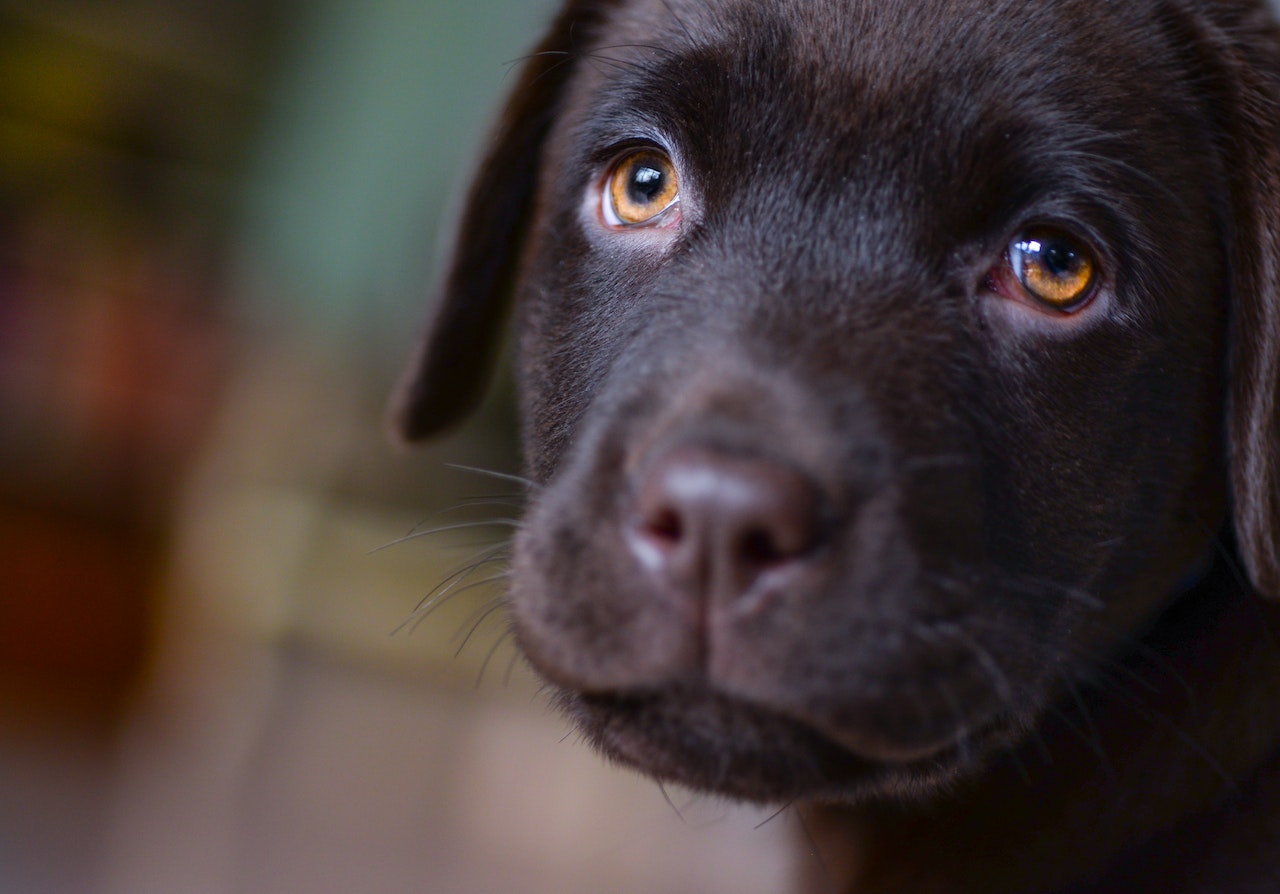How to Stop Aggressive Puppy Biting
Are you struggling with an aggressive Labrador puppy? Dealing with biting behaviours can be frustrating and even painful. However, with the right approach and consistent training, you can put an end to this behaviour and foster a well-behaved and happy pup.
One effective method to stop aggressive puppy biting is through redirection. When your Labrador starts to bite, gently remove your hand or any object they are targeting and offer them an appropriate chew toy instead. This redirects their attention away from biting you or your belongings onto something more suitable. Remember to praise them when they engage with the chew toy, reinforcing positive behaviour.
Consistency is key when dealing with aggressive puppy biting. Make sure everyone in your household is on board with the same training techniques and rules. Establish clear boundaries by using commands like “no bite” or “gentle” whenever their teeth come into contact with skin. Be patient and persistent, as it may take time for your Labrador to fully grasp these commands.
By implementing redirection techniques and maintaining consistency in training, you’ll be on your way to curbing aggressive puppy biting behaviour in no time. Remember that every dog is different, so don’t hesitate to seek professional help from a qualified trainer if needed. With love, patience, and proper guidance, you’ll have a well-mannered Labrador who knows how to play without causing harm.
Understanding Aggressive Puppy Biting
When it comes to dealing with aggressive puppy biting, it’s crucial to understand the underlying reasons behind this behaviour. By identifying the root causes, you can effectively address the issue and create a safer environment for both your puppy and yourself.
One common cause of aggressive biting in puppies is teething. Just like human babies, puppies go through a teething phase where their baby teeth are replaced by adult teeth. During this period, they may experience discomfort and itchiness in their gums, leading them to chew on anything they can find, including your hands or furniture.
Another factor that can contribute to aggressive biting is improper socialisation. Puppies need early exposure to different people, animals, and environments to develop appropriate social skills. Without proper socialisation experiences during their critical developmental stages, puppies may exhibit fear or defensive aggression when faced with unfamiliar situations or individuals.
Additionally, some puppies may resort to aggressive biting as a way to assert dominance or establish boundaries. This behaviour can be more prevalent in certain breeds known for their strong personalities and natural guarding instincts, such as Labradors.
Recognizing the Warning Signs of Aggression in Puppies
To effectively address aggressive puppy biting, it’s essential to recognize the warning signs that indicate potential aggression. By being aware of these signs early on, you can intervene before the behaviour escalates further.
One clear indication of aggression in puppies is growling or snarling while displaying tense body language. This vocalisation coupled with bared teeth is an obvious sign that your puppy is feeling threatened or uncomfortable.
Another warning sign is if your puppy displays resource guarding behaviour when it comes to food, toys, or even resting spots. This could manifest as growling or snapping if someone approaches while they have possession of these items.
Other subtle indicators include stiffening of the body posture, direct eye contact without averting their gaze, raised fur along the back, and a low or forward-leaning body stance. These signs may be accompanied by quick nips or bites if the puppy feels cornered or fearful.
